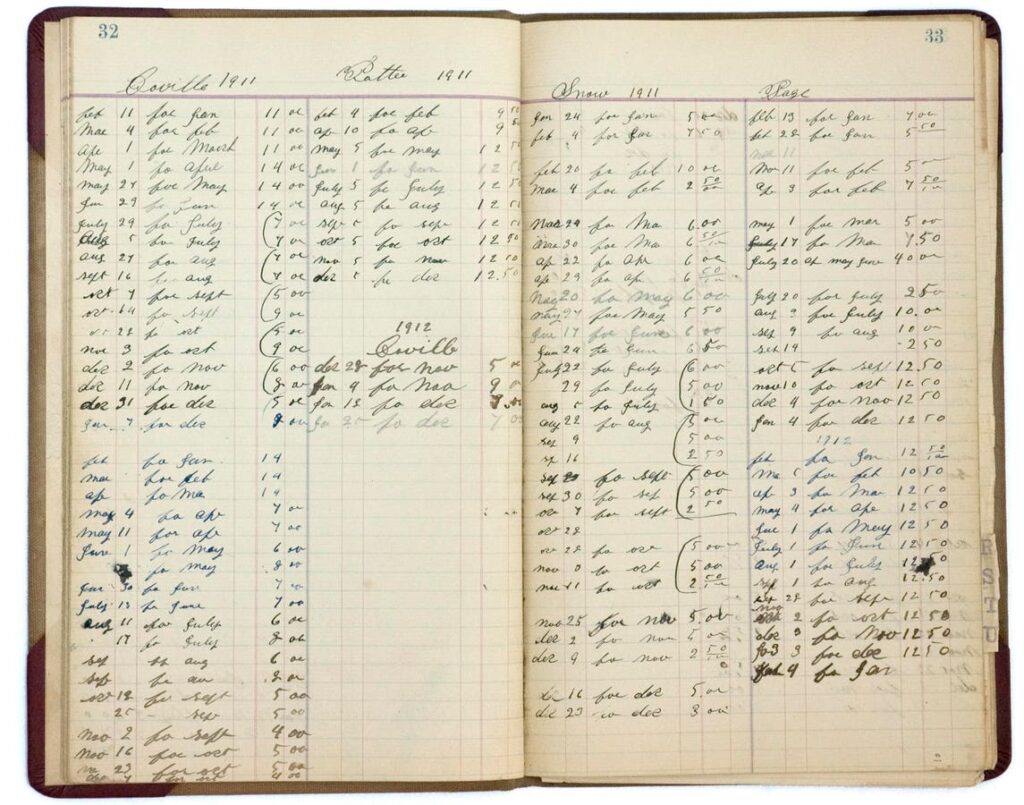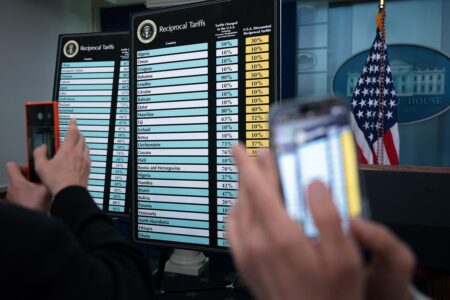Over the past few years there have been countless articles and columns from people predicting how AI will be used for and by accounting professionals. Finally, these predictions are beginning to become reality. Here are some interesting uses of AI in accounting that those of us in the profession should know about.
Reducing DSO
People make mistakes when entering orders into their supplier portals. A finance platform called Tesorio aims to use AI agents to automate this process to minimize these mistakes and speed things up. The problems they’re solving include incorrectly formatted or inaccurate submissions. Their agents aim to reduce the time it takes to fill in required fields and submit invoices to various supplier portals. According to Tesorio, their agents autonomously access these portals and submit invoices and then monitors the approval process. Not only would this help customers by expediting the ordering process but it then reduces DSO – or days sales outstanding – which is the time it takes for the supplier to complete a sale and get paid
Tax Research
The U.S. Tax Code is almost 7,000 pages long and the interpretation of these rules takes up countless more pages. All of this is being turned into large language models and trained with questions to deliver fast and reliable answers. One company doing this is Thomson Reuters, who recently partnered with AI platform Anthropic to build such a system with Claude – its popular chatbot – as its interface. According to Venture Beat it’s one of the “largest rollouts in the tax and accounting industry.” Built on Amazon Web Services, the content also includes resources from 3,000 subject matter experts and 150 years of professional publications.
Expense Capture
There are a number of companies leaning heavily into AI to automate expense capturing – be it through scanning, emails and synching with banks. For example, Fyle has something called “conversational AI” where a user takes a photo of a receipt and sends it by text which is then automatically categorized. SparkReceipt not only automates scanning and categorization of receipts but also accepts information from bank statements and other documentation. Dext says that it works with every major accounting software and integrates with over 11,500 financial institutions worldwide and creates “smart supplier rules that help to efficiently process and publish invoices.” All of these applications learn with each document so that their AI algorithms can apply similar logic to other, similar documentation in lieu of a human having to do so.
AI Bookkeeping
A tech firm called Briefcase raised $3 million this past December to not only do expense capturing but use AI to automate the entire bookkeeping process. Its AI algorithms supposedly learn all the details from every transaction and then posts all the way through to a company’s general ledger. Briefcase acts more like an accountant than a bot. It’s smart enough to detect duplicate invoices and receipts. It can also detect invoices that are prepayments (i.e. insurance) and then automatically schedules monthly entries to amortize and record the amounts. It can do the same with deferred revenue. Based on prior transactions it will automatically create regular accruals and other adjusting entries.
Deliver Us From Spreadsheet Hell
Regardless of how “automated” we seem to be, most of my clients are still finding themselves in spreadsheet hell, managing various Excel or Google Sheet files and manually updating them for reporting and analysis. LiveFlow is using AI to deliver us from that place. The company recently raised more than $13 million for its AI connecter to bridge spreadsheets and popular accounting software like QuickBooks and Xero where information can be shared with teams without giving them access to the full accounting system. It positions itself as the intermediary between the accounting system and spreadsheets to enable up to the minute budget vs actual, cash flows, vendor spending and other analysis.
An AI Driven Dashboard
I like my clients to keep a thumbnail “flash report” of key information in their business. But because data is located in different places, it’s time consuming to put together. A startup called Finally raised $200 million last September to connect data from financial institutions, accounting software and other sources into a single, easy-to-access location. Using a single login Finally built a dashboard of all pertinent data like spending, account transactions, trends and other information related to a company’s financial health which can be viewed anywhere and in real time. Its AI capabilities are used to identify abnormal expenses, unusual margins or unrecognizable transactions. As it learns it makes better recommendations tailored to a company’s financial history.
Agents In The Back Office
Last November Microsoft announced the rollout of ten new agents targeting sales, finance, operations and customer service for its Dynamics customers throughout 2025. On the financial side, these agents will include using AI to “autonomously manage collaboration with suppliers to confirm order delivery, while preempting potential delays” and “help teams prepare and cleanse data sets to simplify and reduce time spent on the most labor-intensive part of the financial period close process that leads to financial reporting” and “automate the matching and clearing of transactions between subledgers and the general ledger.”
Intuit – the maker of QuickBooks – is going all-in on AI. To Intuit, AI can be used to do a lot of the mundane, repetitive administrative work that’s wasting time. It’s “Intuit Assist” is using agents to create invoices, match expenses, generate invoice reminders, convert email exchanges into estimates, invoices and bills and schedule payments.
We’re still at the very early stage of using AI in accounting. The technology remains immature and unreliable. But it’s getting better. This year we’re seeing the introduction of these AI tools for brave accountants to try. But in 2026 usage will increase. By 2027 many companies will be relying on these and many other AI agents to perform a significant amount of financial tasks. The best accounting and finance professionals will lean into these agents to help them do their jobs better. Those that ignore them will do so at their professional peril.
Read the full article here











